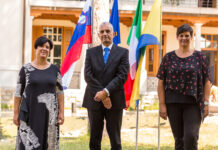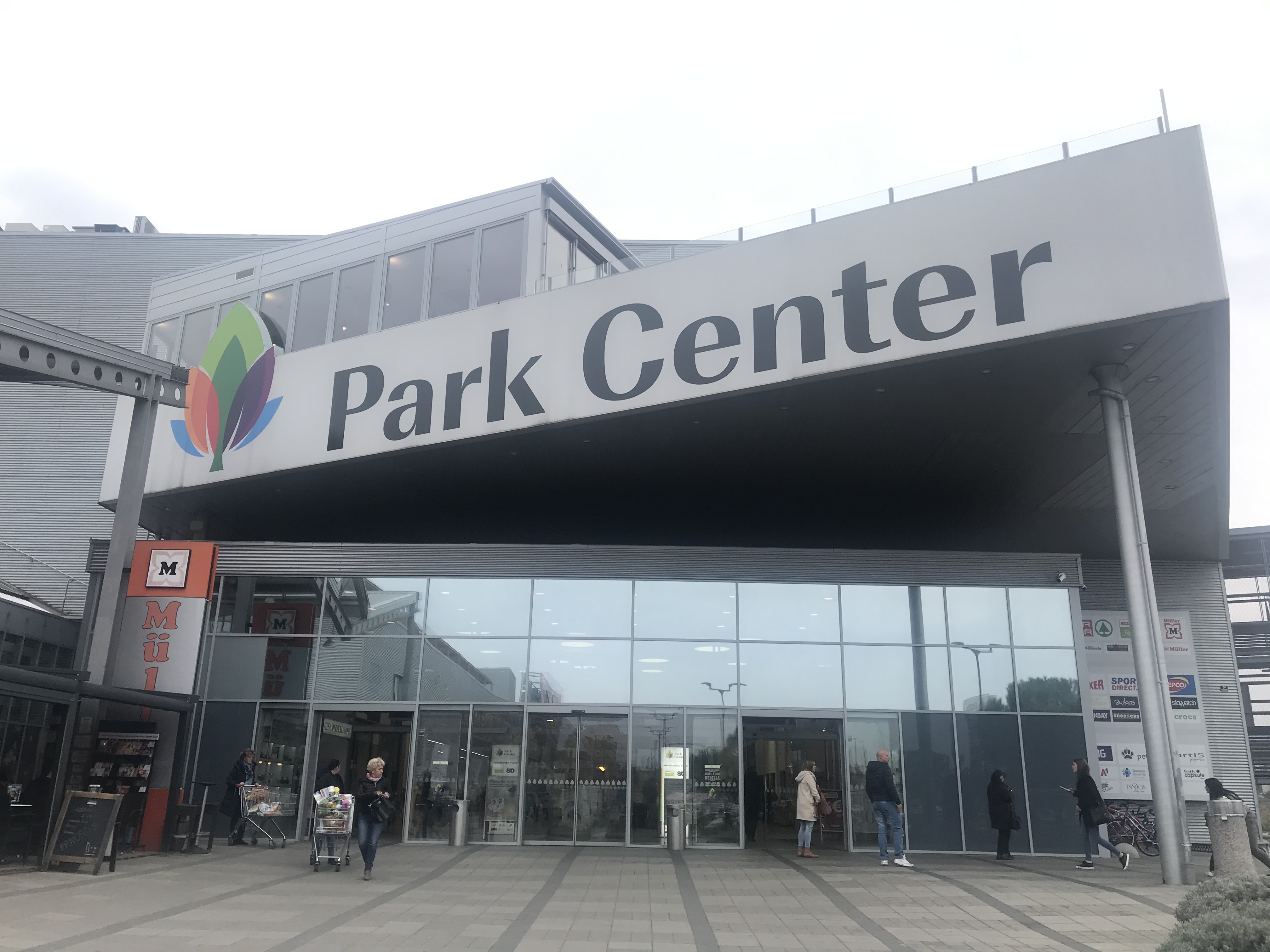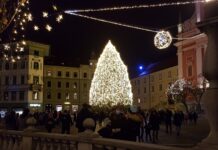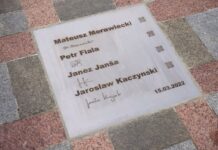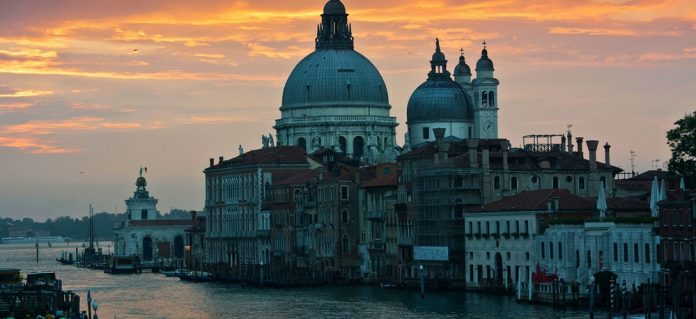This week Primorska24 takes a look at two international high points of Slovenian culture taking place in November, both dealing with the eternal questions of life, death, passion and soul seeking. And even if you missed the first one, tickets for the Turcu ballet’s performance in Udine are still available.
Pandur’s Faust in Russia
The internationally acclaimed co-production of Faust, a dramatic poem by Goethe, directed by Tomaž Pandur, and presented by the SNT Drama Ljubljana and the Ljubljana Festival, was performed on Friday, November 16, on the main stage of the famous Alexandrinsky Theatre in St. Petersburg, making it the first Slovene dramatic performance in this famous Russian theatre.
Alexandrisky Theater is the oldest national theatre in Russia and was established by a special order of the Senate, signed on Saint Alexandre Nevsky day, August, 30 1756, by Peter the Great’s daughter Empress Elizabeth. It became the progenitor of all future Russian theatres, so the date on which it was founded is recognized as the birthday of professional theatre in Russia.
The sold-out guest performance in such a pre-eminent theater is more than a follow-up to many successful presentations of Pandur’s Faust all over the world. It is also a recognition of Slovenian culture as a whole as Faust was presented on the opening night of the 7th St. Petersburg International Cultural Forum, considered to be the most important and prestigious cultural event in the Russian Federation. In that vein, the Forum and the performance were attended by the Slovenian Minister of Culture, Dejan Prešiček.
Turcu’s Death in Venice in Udine
The second high point of Slovenian culture worthy of mention is the upcoming ballet performance Death in Venice, choreographed by Zagreb native Valentina Turcu and co-produced by the Slovene National Theatre Maribor and the Croatian National Theater Zagreb on November 28 at Teatro Nuovo Giovanni da Udine in Udine, Italy.
Although the novella Death in Venice was written by one of the greatest German writers and Nobel Prize winner Thomas Mann back in 1912, it gained worldwide popularity on account of Visconti’s legendary 1971 film of the same name which is mostly remembered for its music score, dominated by Gustav Mahler’s Third and Fifth Symphonies, and its important role in the film’s narrative.
Mahler’s music is set in relief by internationally acclaimed choreographer and Prešeren Foundation Award winner Valentina Turcu. Her reinterpretation of Death in Venice is, according to the organizers, envisaged as a dialogue between “Mann’s masterpiece and Mahler’s delicate yet passionate music reflecting the deepest emotions and the most complex states of mind” in which “the creative and choreographic imagination is controlled by the eternal movement of the soul and gently enters the vast universe of emotions pulsating with the nearly imperceptible internal power of Eros.
The famous Adagietto from Mahler’s Symphony N°5:
All those interested in Slovene culture around the globe can visit Slovenian international culture page for a full list of the upcoming events.
Uredništvo




